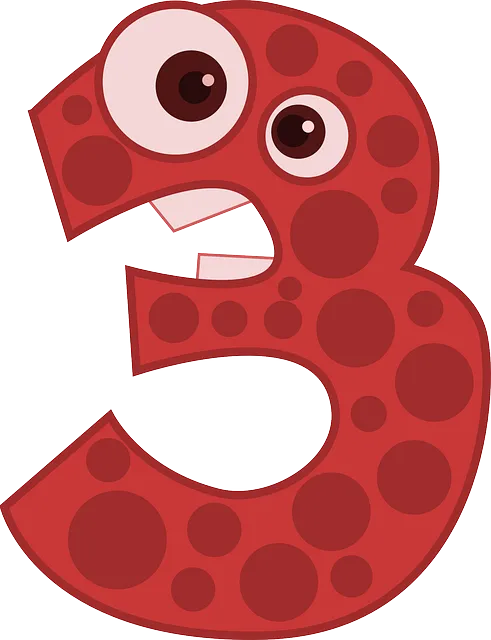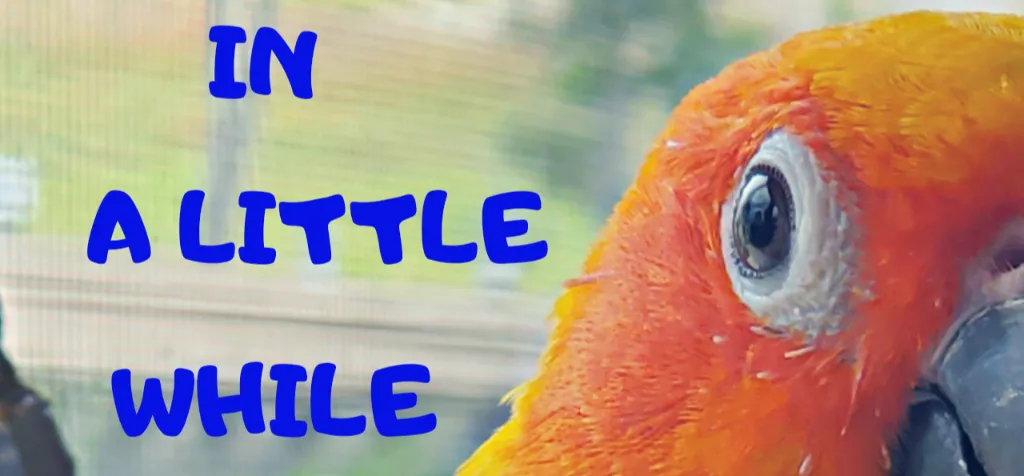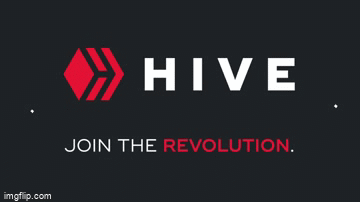
It was going so well. I jumped into the article like a cat off a ledge and was immediately captivated. Paragraphs were telling a story and I wanted to eat it all up....until.
There weren't anymore breaks or stanzas. No headers to alert the reader of a change in subject, just a continual wall of words.
It ran down the screen. I stopped reading and started to scroll down to see how far it went. There was an end not too far down, but my interest went out the window.
The Infamous Wall Of Words
I'm not sure what happened with this article that I'm using as an example. It didn't start out as one HUGE BLOCK of words. After a few stanzas, it was as if the writer got carried away in their emotions.
Words were coming so fast the writer just kept going. And then they hit publish without going back to create breaks in all those well written sentences. No matter how well they were crafted, they were incredibly difficult to read.
Not only do Walls Of Words heavily discourage the reader, they aren't good for SEO. Here's another thought to be aware of when creating paragraphs. They won't look the same size on a cellphone as they do on a desktop! As more and more folk turn to mobile for everyday use, keep this tip in mind.
Three Hundred Words Between Headers

Headers are another tool to help break up those word blocks. As a best SEO practice, try to add headers before you go over three hundred words.
Authors use headers to introduce subject matter to the reader. What to do when you're not ready to switch the subject? Downsize your headers! Start with a large H2 (the double pound sign in markdown), then break your subject up into mini sections.
Before writing over three hundred words, make use of the smaller H3 and H4 sizes. In markdown, all you have to do is add another pound symbol to drop the header size.
Another Note About Headers
Because I'm writing a side thought about headers, I'll drop down to the H3 size. It's still the same subject but along a different line of thought.
To help make the point, let's go over keywords. Are headers a good place to use the main keywords that describe your subject? Absolutely!
There's no set rule here. Keywords in your headers should come naturally if you're using them to highlight the subject that follows.
Run On Sentences

Have you ever heard of Hemingway App? It's a web based service that examines your writing. There's no registration necessary and it's free to use.
Once on the website, simply copy and paste your writing over their example text. The Hemingway Editor does the rest. You'll receive a writing score with highlighted text in areas where your article can improve.
A large metric in SEO is the readability of the writing. Long run on sentences will lose a reader as fast as a wall of words. Hemingway App catches these mistakes and offers alerts to other writing errors as well.
Three Sentences In A Row That Begin With The Same Word

A common writing mistake that hurts readability is beginning too many sentences with the exact same word. A writer who does this will certainly hurt their on page SEO.
If I were to start this third sentence with the word A, I'd be guilty of the mistake I'm suggesting you avoid. Little things go a long way. It takes time and attention to learn them all.
Passive Or Active Writing
One of the most important metrics when writing for Search Engine Optimization (SEO) is the use of an active voice.
Whole articles are on the web concerning Passive vs Active writing. It's a subject I may dive into in more detail in a future publication.
For now, the easiest way to make sure writing is active is to use the present tense. SEO prefers a tense that is happening now. Passive writing is almost always in the past tense.
Tying It All Together

Learning SEO best practices can be a chore but the rewards can be life-changing. The difference between a 'Top Of The Fold Google Ranking' and one 'Farther Down The Search Page' is gargantuan!
Am I embellishing or dramatizing the difference? Anyone who works in SEO knows how huge good rankings truly are! It's the difference between having enormous amounts of website visitors or hardly any at all.
Apply this same idea to HIVE and you can start to see the push here for better SEO. Each and every one of our posts have a chance to be indexed by major search engines.
Poor SEO practices won't only hurt any personal chances of high post rankings, they also are a detriment to HIVE's website ranking. Sharpen up your SEO skills and you'll see growth in your writing. You'll also be aiding the growth of HIVE, something we'd all benefit from.
Thanks for reading and as always...


Bottom Image Courtesy Of Hive.io Brand Assets
Want To Join The HIVE Community? Use My Referral Link To HiveOnboard.com
